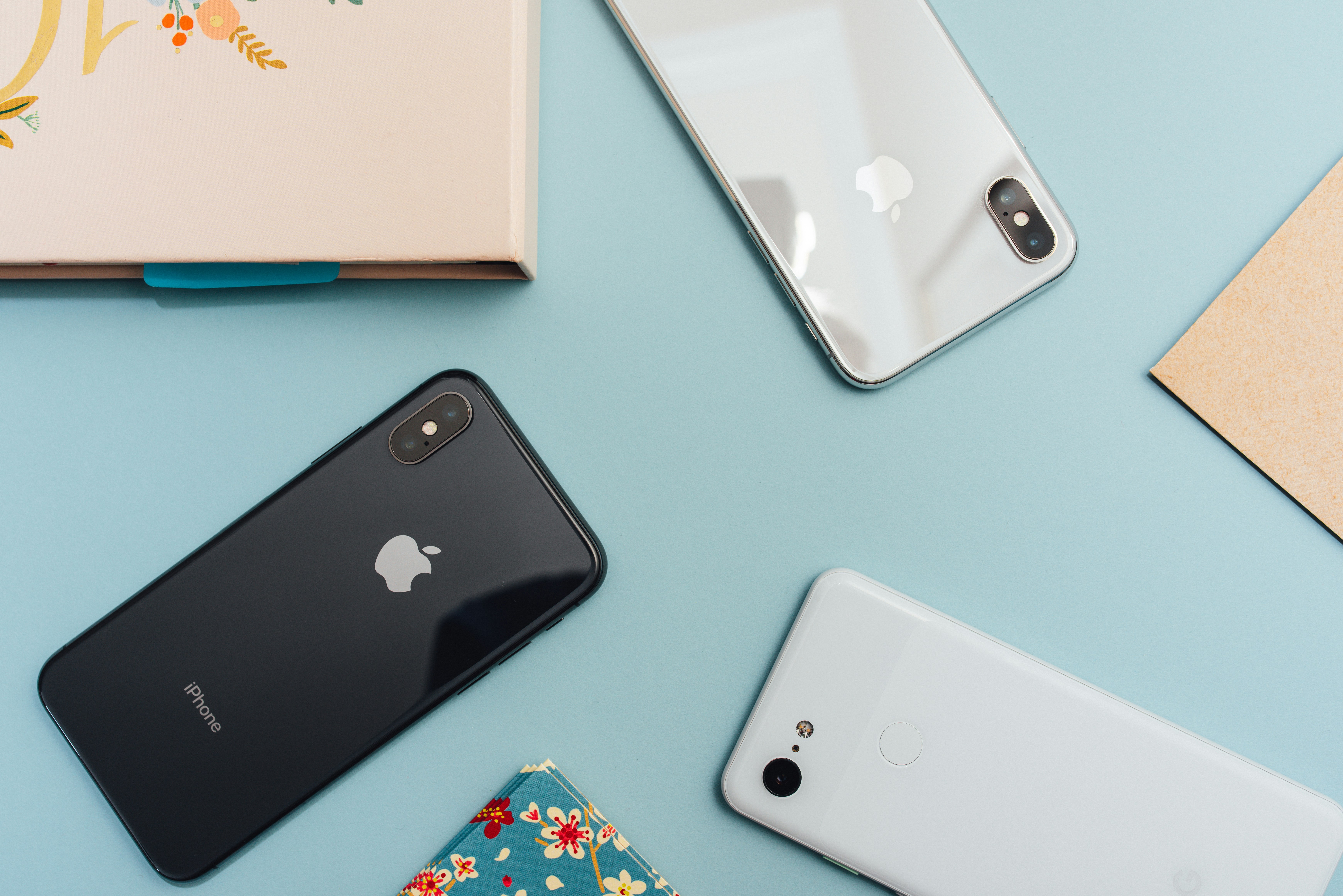iPhone vs Samsung: Which One Gives You More Value ?
Introduction
Choosing between an iPhone and a Samsung phone? It’s a tough call. With both brands offering powerful devices packed with features, it often comes down to personal preference—but also value. In this post, we’ll break down how each stacks up in real-world use: performance, price, battery, camera, resale value, and more.
1. Price Affordability
iPhones generally come at a premium. The latest iPhone 15 Pro starts at $999. Samsung offers top-tier phones too, like the Galaxy S24 Ultra, but they also provide budget options like the Galaxy A15 or A54, often under $400.
Example: For under $500, you can get a solid Galaxy A54 with 5G, 3 cameras, and a 120Hz display. Apple's only choice in that range is the iPhone SE or older models.
2. iOS vs Android (One UI)
Apple’s iOS is clean, smooth, and easy to use. Samsung uses Android with its own One UI, which is flexible and rich in features.
- iOS: Ideal for people who want simplicity and regular updates.
- Samsung (One UI): Great for customization lovers—change themes, add widgets, and more.
3. Side-by-Side Comparison Table
| Feature | iPhone | Samsung |
|---|---|---|
| Starting Price | $429 (iPhone SE) to $1,199 (Pro Max) | $199 (A14) to $1,299 (S24 Ultra) |
| Software Updates | 5-6 years, fast updates | 4 years OS + 5 years security (new models) |
| Customization | Limited | Extensive (themes, widgets) |
| Camera Zoom | 3x optical (Pro Max) | Up to 10x optical (Ultra models) |
| Video Quality | Excellent (Cinematic mode) | Great, but slightly less stable |
| Resale Value | Very High | Moderate |
4. Camera Comparison
Samsung excels at high-zoom and bright, vivid photos. iPhones take more realistic pictures and dominate video shooting. If you're a mobile content creator, iPhones are often preferred for video.
5. Battery and Charging
Samsung generally gives you faster charging (up to 45W), while Apple’s charging is slower (20W max). Samsung also often includes a charger—Apple does not.
Battery life is comparable on flagship models, but Samsung has an edge in larger battery capacity on midrange phones.
6. Ecosystem: Apple vs Samsung
Apple’s ecosystem is smooth and well-integrated. Features like Airdrop, FaceTime, iMessage, and Handoff make life easier if you own other Apple devices. Samsung also has an ecosystem with SmartThings, Galaxy Buds, and tablets—but it’s still not as seamless as Apple.

7. Resale Value
iPhones hold value extremely well. You can sell a 2-3 year old iPhone for hundreds. Samsung phones, especially non-flagship models, drop in value faster.
Example: A 3-year-old iPhone 12 still sells for over $300. A similar-age Galaxy S20 sells for around $180.
So, Which One Offers More Value?
If you’re budget-focused or want more features for less money, Samsung is the better value. Their midrange phones offer 5G, great displays, and decent cameras at a lower cost.
If you prioritize longevity, resale value, consistent updates, and simplicity—an iPhone will pay off long-term.
Still confused? Check out our Best Phones Under $600 guide or leave a comment below—we’ll help you decide!
Conclusion
Both iPhone and Samsung make fantastic phones, and both bring different kinds of value. The key is to focus on what matters most to you: performance, price, photography, or resale.
Let us know—which side are you on? iPhone or Samsung? Share your experience in the comments!


.jpeg)
Comments
Post a Comment